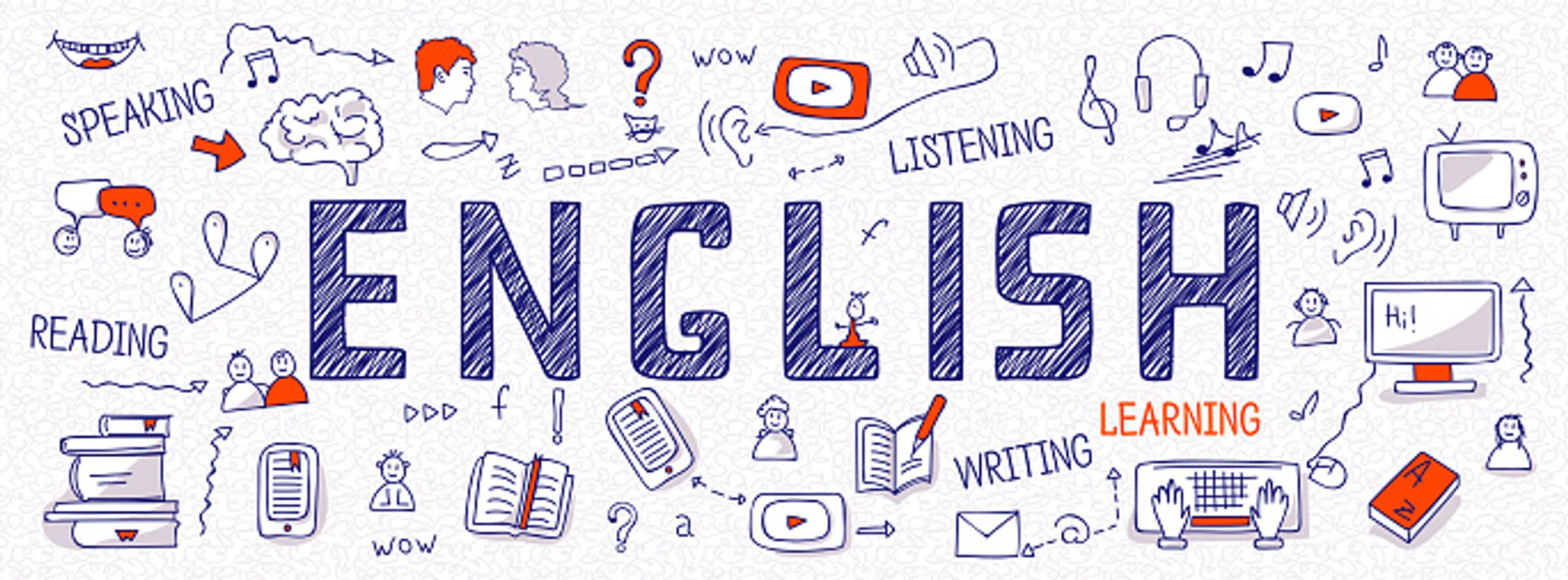English

DEVELOPING KNOWLEDGE AND KNOWLEDGE RETENTION IN ENGLISH
Students often struggle to write long responses, such as essays, reflections or exam responses, about the texts they study in English. In part, this may be because their knowledge of these texts is insufficiently developed. Students frequently spend time highlighting, re-reading or underlining, but neglect deeper analysis which leads to a more persistent trace in memory and thus ‘better retention and learning’ (Kirschner & Hendrick, 2020).
Semantic, elaborative and generative revision and practice lead to better retention and understanding. Some examples of these may include:
- Explaining how this is similar or different to other things they have learnt.
- Considering where else this information might be relevant.
- Generate their own explanation(s) of the concepts taught. These could be made relevant to the student’s own situation or experience.
- Create an analogy to explain the same concept occurring in a similar situation.
The same effort that makes these strategies more taxing than re-reading is also what helps embed them in a student’s memory and makes them more effectively used later in written responses.
Mr Shaun Ellis | English KLA Leader
